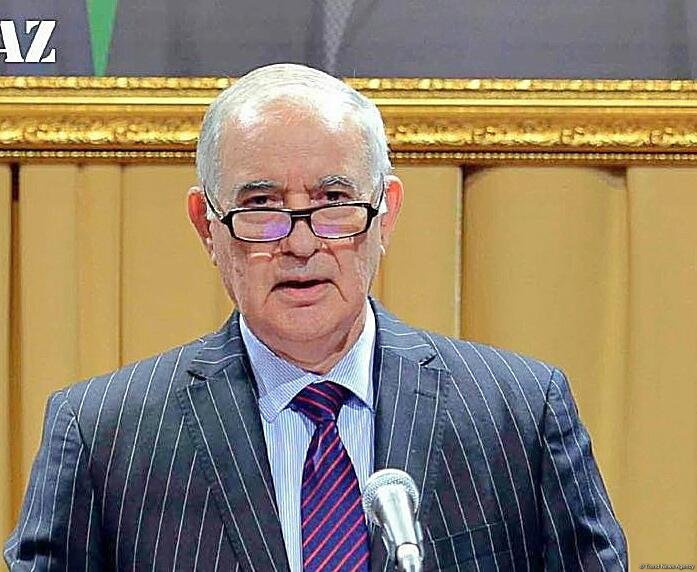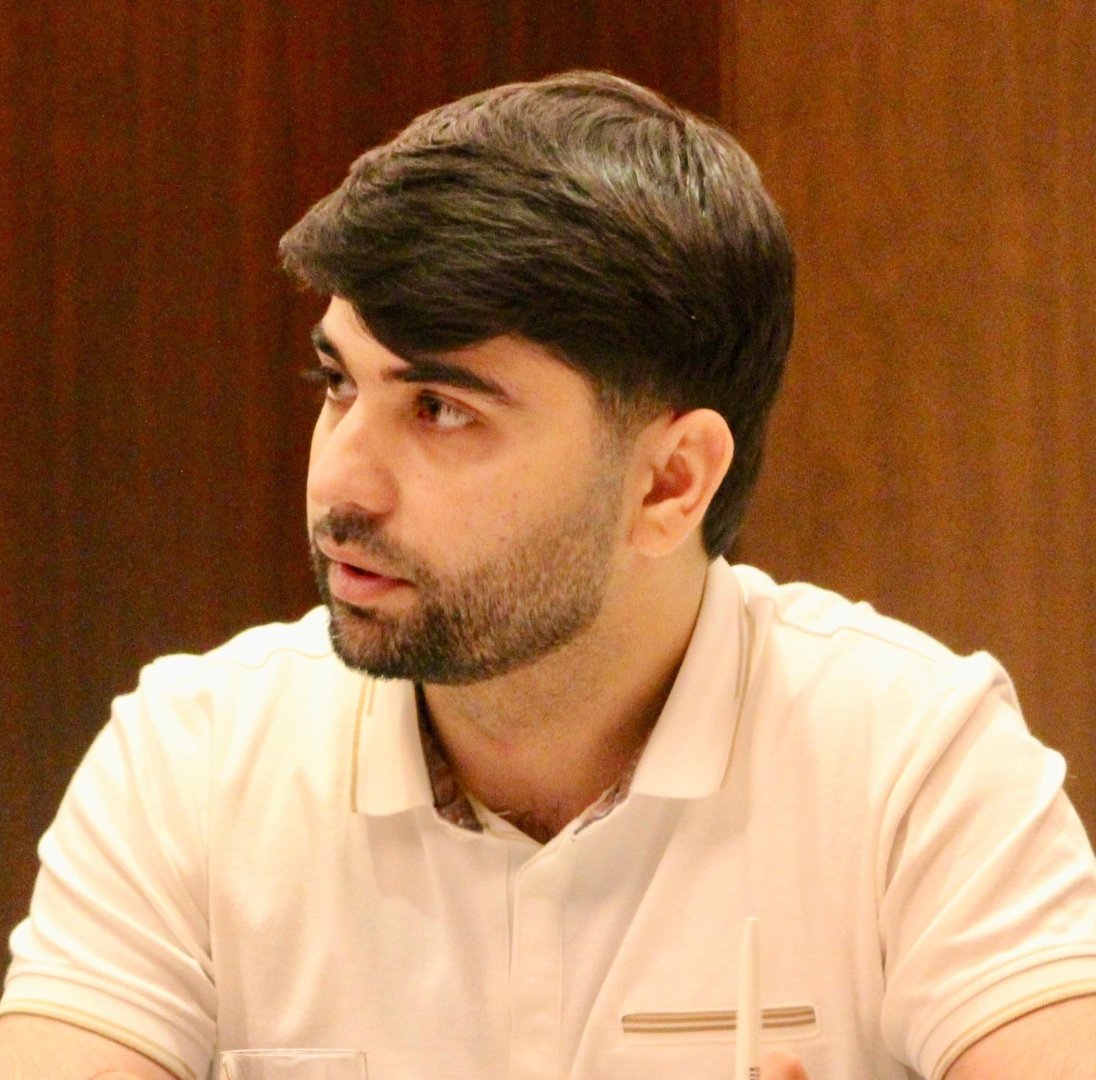BAKU, Azerbaijan, July 14. Syrian Transitional President Ahmad Al-Sharaa's recent working visit to Baku signals a new phase in Azerbaijani-Syrian relations, which had long remained frozen due to the previous Syrian administration’s indifference toward Azerbaijan’s territorial integrity and its close ties with Armenia, political analyst Azer Garayev told Trend.
However, in light of recent political transformations in Syria and the establishment of a new transitional government with a fresh approach to regional policy, efforts to restore ties with Azerbaijan have been set in motion. In this context, the working visit of Syrian Transitional President Ahmad Al-Shaar to Baku on July 12 and his meeting with President Ilham Aliyev signal the beginning of an entirely new chapter in bilateral relations.
“In fact, diplomatic relations between Azerbaijan and Syria were established in 1992. However, starting in the mid-2000s, the Syrian government’s military and political rapprochement with Armenia, particularly its biased stance on the Karabakh issue, sparked serious discontent in Baku. The Assad regime pursued actions that disregarded Azerbaijan’s interests, both through diplomatic channels and within the UN. As a result, by the early 2010s, relations were effectively frozen: embassies became inactive, and political dialogue came to a complete halt. The outbreak of the Syrian civil war, the erosion of stability, and growing international disputes over Assad’s legitimacy further pushed Azerbaijani-Syrian ties into a prolonged state of dysfunction,” he said.
He noted that since the formation of a transitional government in Syria in December 2024, a new dynamic has started to take shape across the region.
“One of the key priorities of the new Syrian leadership was to recalibrate the country’s foreign policy and normalize relations with several regional states. As part of this shift, an initiative was launched to restore diplomatic ties with Azerbaijan. The official visit of Azerbaijan’s Deputy Prime Minister and a high-level delegation from the Ministry of Foreign Affairs to Syria in early 2025 marked the first major outcome of this initiative. During the visit, the sides held extensive discussions on prospects for cooperation in economic, energy, cultural, and humanitarian fields,” he said.
Garayev noted that the meetings held in both expanded and restricted formats in Baku on July 12 between the President of the Republic of Azerbaijan, Ilham Aliyev, and Syria’s Transitional President, Ahmad Al-Sharaa, represent a significant turning point in bilateral relations.
“President Ilham Aliyev openly stated during the meeting that the unfriendly policies of the previous Syrian government toward Azerbaijan, bilateral relations had experienced a period of stagnation. However, he emphasized that the establishment of the new government in Syria has opened significant prospects for the advancement of ties. Ahmad Al-Sharaa noted with regret that the previous Syrian government had damaged relations with many countries, including Azerbaijan.
The current transitional government in Syria is determined to correct past mistakes and reintegrate the country into regional and international cooperation frameworks. One of the central topics discussed during the meeting was energy collaboration. It was noted that Syria is facing a severe energy crisis, with extremely limited access to electricity and much of its oil and gas infrastructure rendered inoperative. In this context, President Ilham Aliyev emphasized that Azerbaijan is ready to make a tangible contribution to strengthening Syria’s energy security. Specifically, the possibility of exporting Azerbaijani gas to Syria via Türkiye was raised. The implementation of this project holds not only economic but also vital humanitarian significance for Syria.
To this end, a Memorandum of Understanding was signed on July 12 between the State Oil Company of the Republic of Azerbaijan (SOCAR) and the Government of the Syrian Arab Republic. The document was signed by SOCAR Supervisory Board Chairman and Minister of Economy Mikayil Jabbarov, and Syria’s Minister of Energy, Mohammad Al-Bashir. The memorandum establishes the legal and economic framework for future energy cooperation between the two countries,” he added.
According to him, Syria’s oil and gas resources, particularly the fields in Deir ez-Zur, Homs, and Al Hasakah, have either been destroyed or fallen out of government control due to the prolonged civil war.
“Before the conflict, Syria was regarded as a significant energy player in the Middle East, producing around 380,000 to 400,000 barrels of oil daily. The restoration and redevelopment of these reserves could play a crucial role in Syria’s economic recovery. In this context, Azerbaijan’s involvement through SOCAR represents a real and strategic opportunity, both in terms of technical expertise and investment capacity.
Azerbaijan’s extensive experience in the Caspian Basin and its proven ability to rapidly rebuild infrastructure in post-conflict regions can also be leveraged to help restore Syria’s energy infrastructure. This will further enhance Azerbaijan’s regional standing—not only as a natural gas exporter but also as a provider of technology and expertise,” Garayev explained.







